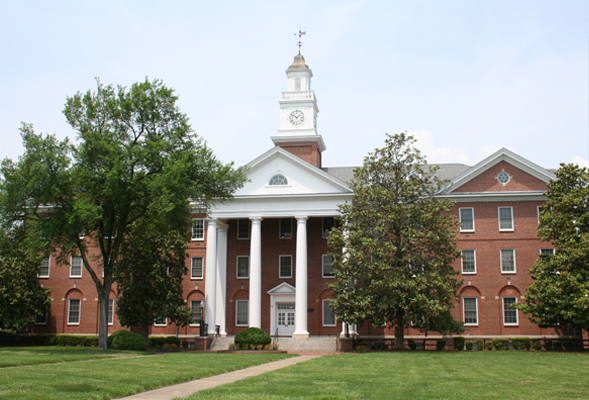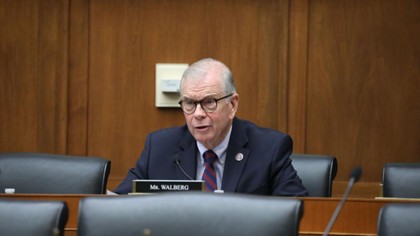Governor Glenn Youngkin Applauds Micron Investment in Virginia HBCUs, Bolstering STEM Education
RICHMOND, VA – Today, Governor Glenn Youngkin applauded the launch of Micron’s Minority Serving Institution (MSI) Semiconductor Network and a new partnership with Micron, GlobalFoundries and the U.S. National Science Foundation (NSF) that will make funding opportunities available for MSIs nationwide – including Norfolk State University, Hampton University and Virginia State University.
“Micron has been a valuable corporate partner to Virginia’s Education system, with a long history of investing in Virginia’s HBCUs, including their support of the Micron-Norfolk State University Nanofabrication Cleanroom,” said Governor Glenn Youngkin. “Private sector leadership is critical to bringing STEM opportunities and innovation to our higher education institutions, and Micron’s latest announcement is another demonstration of its commitment to expanding opportunity, increasing access, and embracing innovation in Virginia.”
“Micron is investing in people and partnerships to expose learners from every background to opportunities they may not otherwise have. The inclusion of three local HBCUs in Micron’s MSI Semiconductor Network further bolsters our longstanding support of education in Virginia,” said April Arnzen, executive vice president and chief people officer at Micron and president of the Micron Foundation. “We’re honored to see initiatives like Micron’s MSI Semiconductor Network, which are at the forefront of our industry’s efforts to prepare the semiconductor workforce and research ecosystem to meet growing demand for talent, recognized by government leaders in the U.S. and globally.”
On May 21, Micron launched its MSI Semiconductor Network, a partnership with 15 historically Black colleges and universities (HBCUs), Hispanic-serving institutions (HSIs) and Asian American, Native American, and Pacific Islander-serving institutions (AANAPISIs) to grow the STEM talent pipeline and build a more robust and inclusive semiconductor-ready workforce. The founding partners of the MSI Semiconductor Network were identified based on their strong collective undergraduate and graduate programs in engineering and other STEM degrees. Spanning eleven states and the District of Columbia, they bring together thousands of undergraduate and graduate STEM students, access to teaching labs and cleanrooms, and a foundation of collaboration across institutions.
Micron and the Micron Foundation have a longstanding commitment to MSI partners, including funding the Micron-Norfolk State University Nanofabrication Cleanroom, creating the Micron Academy of Inclusive Leadership programs at Spelman College and supporting experiential learning student programs at Northern Arizona University and Howard University. A range of Micron leaders currently serve on boards and technical committees across the MSI Semiconductor Network, and Micron was recently recognized for the fifth consecutive year as a Top Supporter of HBCU engineering schools. japanese porn
This announcement comes after Virginia’s legislative panel unanimously approved a state incentive package to support Micron’s proposed investment to modernize its existing fab in Manassas. Micron confirms this proposed investment in Virginia, and creation of new high-paying jobs, would be made possible by the full award of federal CHIPS Act funding. The company has submitted a CHIPS application for Virginia to the Department of Commerce.
“Micron’s proposed expansion marks an unparalleled opportunity for Virginia, and the nation, to demonstrate leadership in key semiconductor memory technologies for long lifecycle applications in the global automotive and aerospace industries,” said Governor Glenn Youngkin. “We are working with Federal partners, to ensure Micron’s application is as competitive as possible, so we can bring this project to fruition, in Virginia.”



